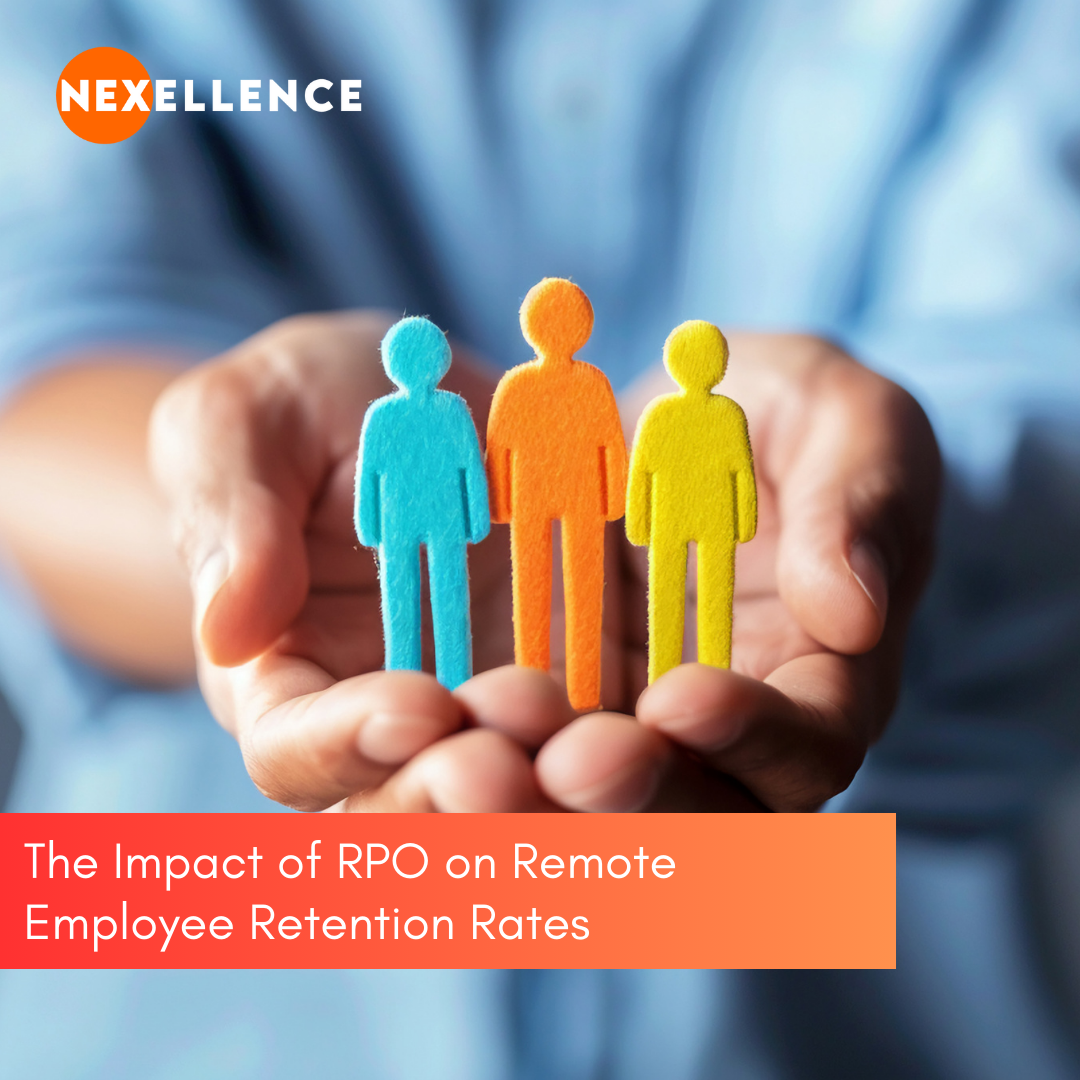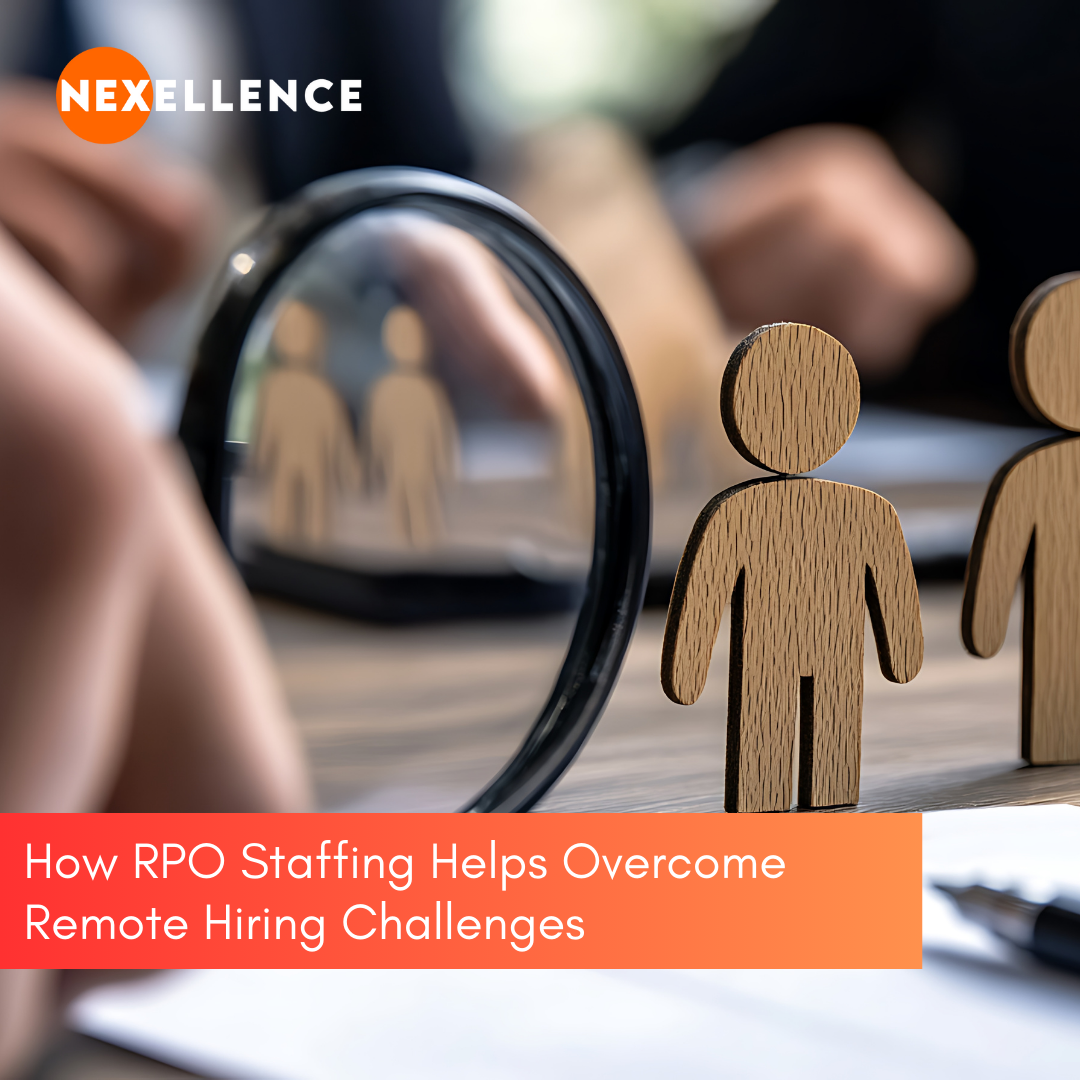Recruitment marketing has become an essential strategy for companies looking to attract and hire the best talent in a competitive job market. By applying marketing principles to the recruitment process, organizations can build a robust talent pipeline, enhance their employer brand, and improve the overall candidate experience. This comprehensive guide will walk you through the key aspects of recruitment marketing and provide actionable strategies to master this crucial area of talent acquisition.
What is Recruitment Marketing?
Recruitment marketing is the process of promoting the value of working for an organization to attract and engage potential candidates. It involves using marketing tactics to create awareness, generate interest, and nurture relationships with candidates before they even apply for a job. The goal is to build a strong employer brand and a pipeline of engaged talent ready to fill positions as they become available.
Benefits of Recruitment Marketing in Modern Hiring
- Proactive Talent Acquisition: Recruitment marketing enables companies to proactively build a talent pool, reducing the time-to-hire when positions open up.
- Enhanced Employer Brand: A strong employer brand attracts top talent, improves employee retention, and differentiates your company from competitors.
- Cost Efficiency: Effective recruitment marketing strategies help reduce the costs associated with hiring by improving the quality of applicants and reducing reliance on external agencies.
- Higher Quality Hires: Targeted recruitment efforts ensure that you attract candidates who are a good fit for your company, leading to better-quality hires and improved performance.
- Increased Diversity: Recruitment marketing allows organizations to reach a diverse range of candidates, fostering a more inclusive workplace.
Different Stages of the Recruiting Funnel
The recruiting funnel outlines the stages candidates go through from initial awareness to becoming a hired employee. These stages include:
- Awareness: Potential candidates become aware of your company and its job opportunities through various marketing channels.
- Interest: Candidates express interest in learning more about your organization and the roles you offer.
- Consideration: Candidates evaluate whether your company and the available positions align with their career goals and values.
- Application: Interested candidates submit their applications for open positions.
- Selection: Recruiters screen and interview candidates to assess their fit for the role and company culture.
- Hire: Successful candidates receive job offers and join the organization.
Important Components of Recruitment Marketing
- Employer Branding: Developing a strong employer brand is crucial for attracting top talent. This involves clearly communicating your company’s culture, values, and employee value proposition (EVP) through various channels.
- Content Marketing: Creating engaging content such as blog posts, videos, and social media updates helps attract and inform potential candidates about your company and job opportunities.
- Social Media: Leveraging social media platforms to share content, interact with candidates, and promote your employer brand is essential for reaching a wider audience.
- Career Site Optimization: Ensuring your career site is user-friendly, mobile-optimized, and provides a positive candidate experience can significantly impact your recruitment efforts.
- Candidate Experience: Providing a seamless and positive experience for candidates throughout the recruitment process is crucial for maintaining your employer brand and attracting top talent.
- Analytics: Utilizing data and analytics to measure the effectiveness of your recruitment marketing efforts and make data-driven decisions is essential for continuous improvement.
Strategies to Attract Top Talent
- Leverage Employee Advocacy: Encourage employees to share their positive experiences and promote job openings within their networks.
- Host Recruitment Events: Organize career fairs, webinars, and networking events to connect with potential candidates.
- Engage with Passive Candidates: Use social media, email marketing, and talent pools to nurture relationships with candidates who are not actively looking for new opportunities.
- Optimize Job Descriptions: Write clear, concise, and compelling job descriptions that attract the right candidates.
- Invest in SEO: Optimize your career site and job postings for search engines to increase visibility and attract organic traffic.
Conclusion
Recruitment marketing is an essential strategy for modern hiring, enabling companies to attract, engage, and convert top talent. By understanding the different stages of the recruiting funnel, leveraging key components of recruitment marketing, and implementing effective strategies, organizations can build a robust talent pipeline and achieve better hiring outcomes. The role of a Recruitment Marketing Manager is critical in driving these efforts and ensuring the success of recruitment marketing initiatives.





